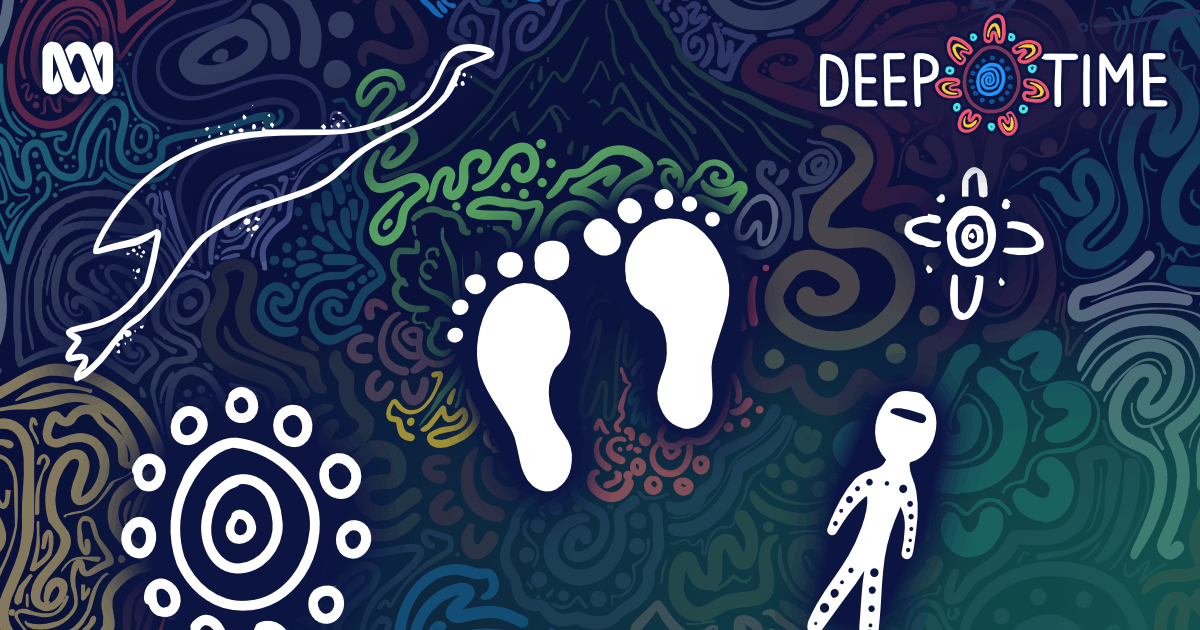Illegal claims and laws from a foreign country are imposed on sovereign peoples and their societies.
Indeed, this land wasn’t unoccupied or uninhabited.
Even Cook acknowledged this in his journal on April 21, 1770, referencing seeing smoke in several places ‘a certain sign that the Country is inhabited’.
This continent was home to a thriving population with established and sophisticated societies.
At the time of colonisation, there were hundreds of groups of people who lived across the continent, each with their own language, culture, traditions and sets of laws.
And the arrival of the ‘white man’ wasn’t a peaceful affair.
As the influx of the British settled on different areas around the nation, new diseases spread and battles broke out between First Nations peoples and the foreigners, leaving a bloody scar on this land’s memory that’s not always captured in our history books.
Generations of Aboriginal and Torres Strait Islander peoples will continue to be impacted by colonisation, suffering displacement as well as the loss of land, culture, language, history, sacred sites, sense of belonging, kinship, cultural rites and more.

